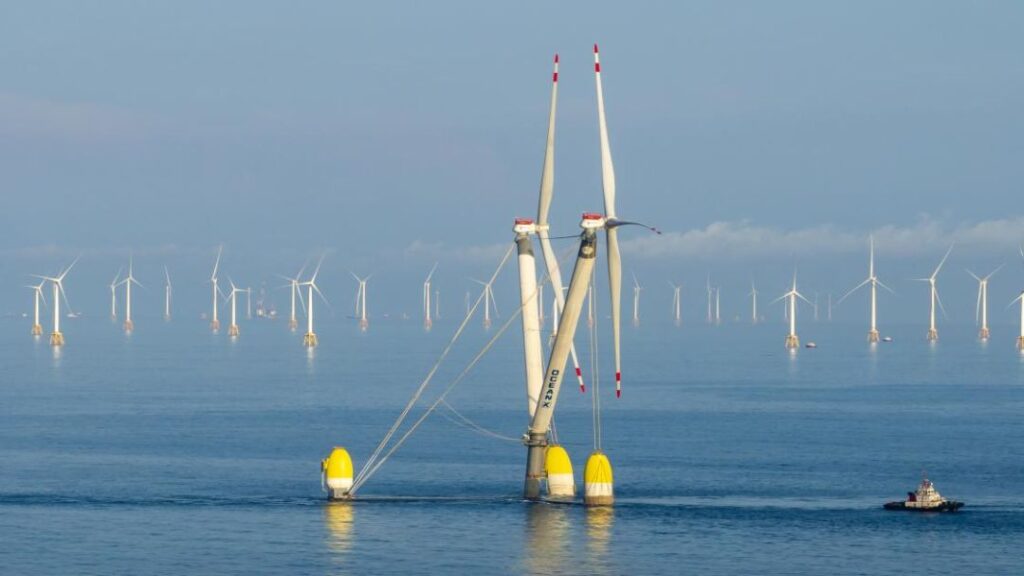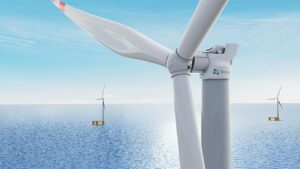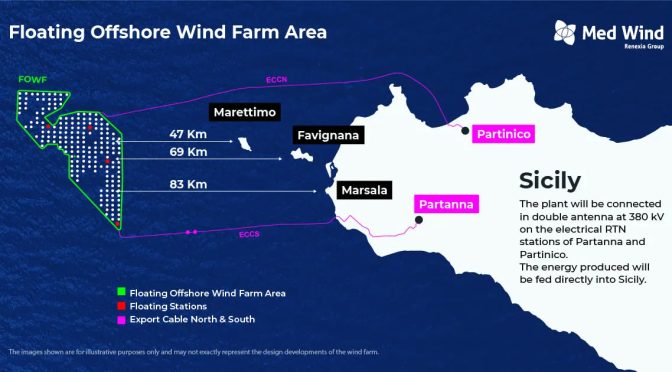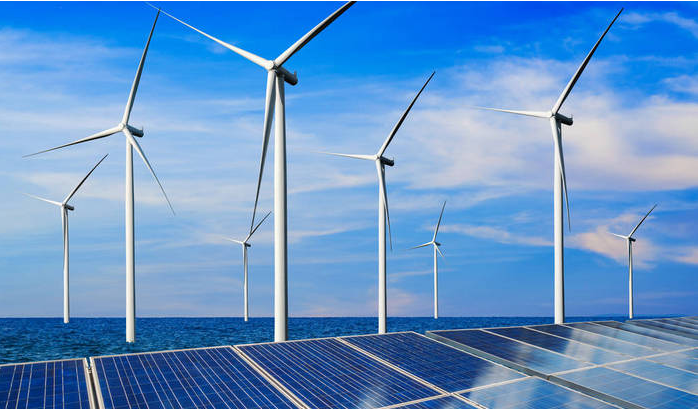
As reserves are depleted, fossil fuel supplies will require exploration in harder to reach places, forcing it further offshore, and digging deeper to reach the remaining supplies, and at greater cost.
The study was completed by researchers at the Sustainability Research Institute at the University of Leeds and has found that manufacturing processes for solar panel and wind turbines have continued to improve, while access to fossil fuel resources continues to get more difficult.
The study examined the energy-return-on-investment (EROI) for various energy sources, which is a way of comparing of the amount of energy that is used in the process of extracting a particular energy source, to the amount of useable energy that is gained through extraction.
As easy to access coal, gas and oil resources are depleted, harder to access resources will require more work, and consume more energy, to extract. Researchers fear that when efficiency losses are taken into account, such as energy lost during electricity generation, society may face ‘falling off a cliff’ with regards to the amount of useful ‘final energy’.
“We find it credible that declining EROI ratios of fossil fuels will lead to constraints on the energy available to society in the not-so-distant future, and that these constraints might unfold in rapid and unexpected ways,” the paper said.







